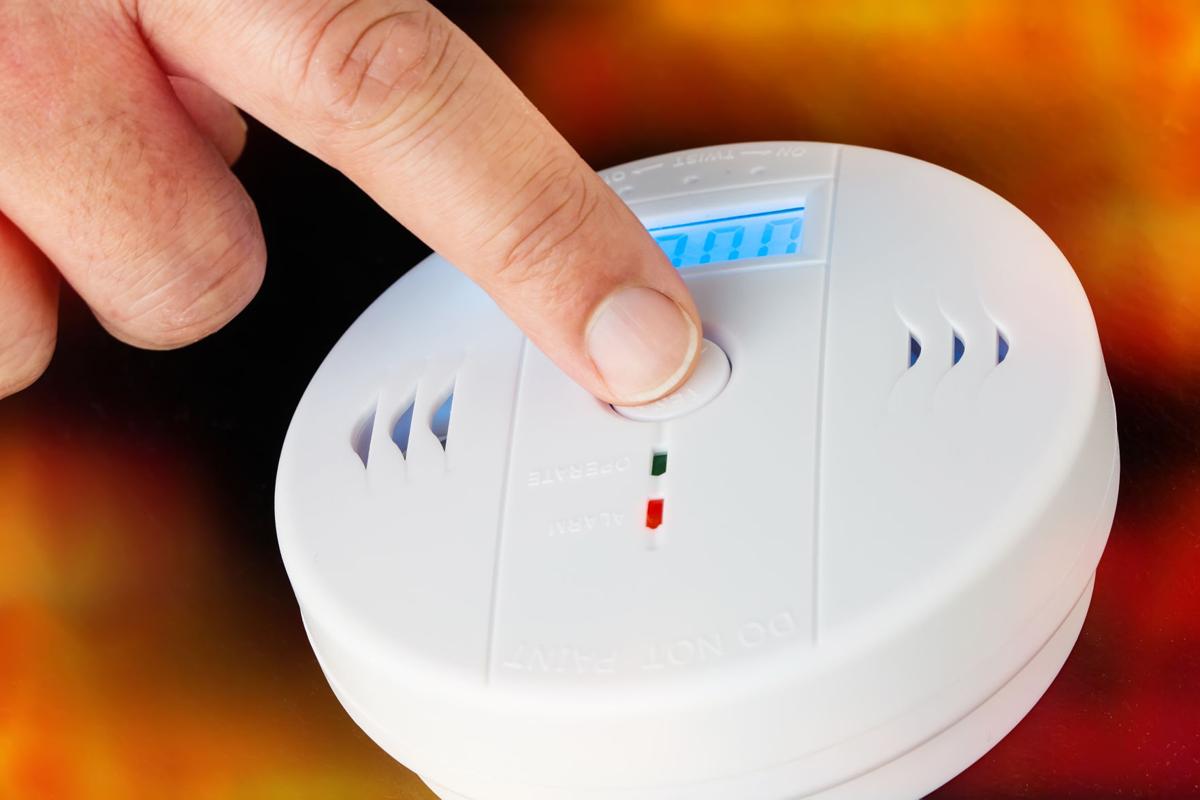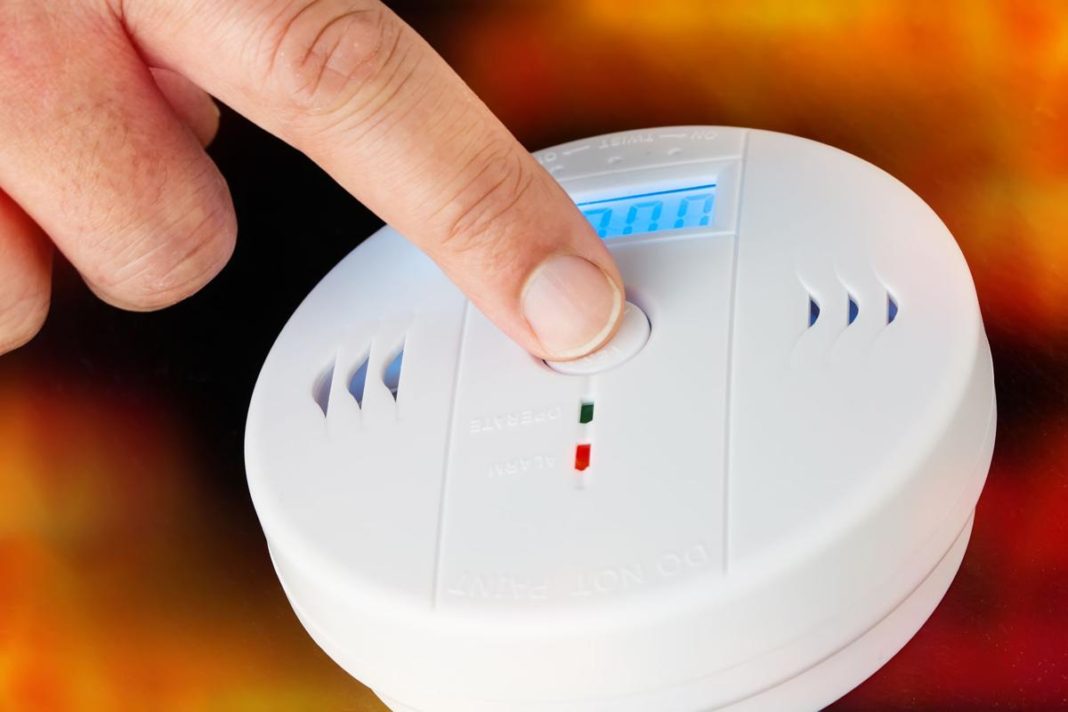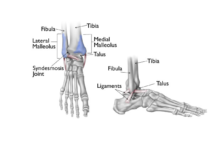Carbon monoxide – or CO – is often referred to as the silent killer as you cannot see it or smell it. Exposure to this gas can be fatal, and you will not know it is there until it is too late. So it pays to be aware of the signs of CO poisoning.

Like flu, but much worse
Sometimes the symptoms of CO poisoning are compared to a bout of flu, but unlike flu, a severe dose may not necessarily clear up and go away. This deadly gas claims new victims all the time, such as those in this recent report from The Guardian.
Signs of mild poisoning include a headache, fatigue, nausea and possibly vomiting. What is regarded as a medium level of CO poisoning could result in drowsiness, a throbbing headache, elevated heart rate and confusion. Severe signs of CO poisoning include cardiorespiratory failure, convulsions, losing consciousness and death.
If you get headaches more often in winter, when the central heating is being used more frequently, this could be a sign of CO poisoning. Children, pets and anyone with anaemia or suffering from heart conditions or breathing problems could be more susceptible to the effects of this dangerous gas. In the UK, CO poisoning is responsible for up to 50 deaths a year, and thousands of hospital visits.
Preventative action
Carbon monoxide is such a deadly gas because when breathed in it will bond to haemoglobin in the blood and prevent it from carrying oxygen around the body. A CO alarm could alert you to dangerous levels of CO and even save lives. Another recommended action is to get gas appliances, including boilers, serviced regularly. If in need of a Cheltenham boiler repair service, it would be a good idea to consult local experts such as http://www.hprservicesltd.com. A reputable company like this should be able to tell you everything you need to know about Cheltenham boiler repair.
When it comes to CO, complacency can be dangerous. Preventing CO poisoning is much better than dealing with the aftermath, so make sure your home has alarms installed. Gas appliances also need regular maintenance and should be inspected at least once a year to make sure that they are safe and not emitting fumes that could kill members of your family.
















